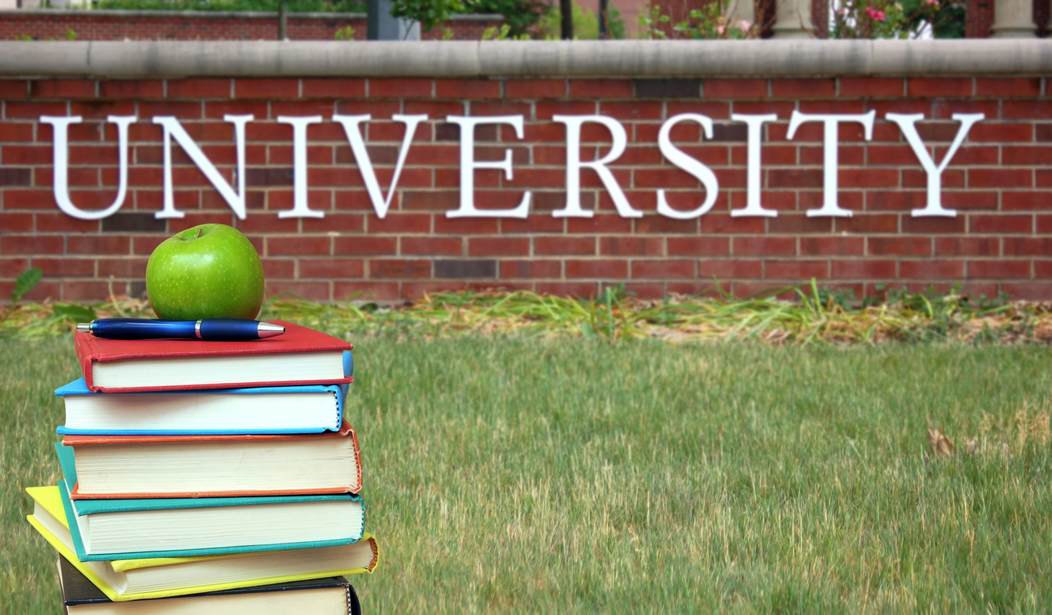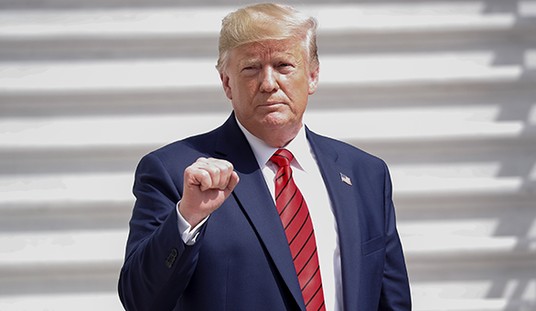A notorious liberal and a notorious conservative have teamed up to oppose the trend against free speech on college campuses, in a Wall Street Journal op-ed released Friday. Echoing the classical vision of universities as places of open discussion and free dissent, the two have joined to condemn “a climate of intellectual conformity.”
Charles Koch, the billionaire donor who supports free market conservative organizations like Freedom Partners and Americans for Prosperity, and Michael Bloomberg, a former Democrat who became the Republican mayor of New York City (and is now an independent), seem an odd combination for such a project, but it is a symbol of the importance of this issue that it brings together such odd companions.
Bloomberg and Koch offered important advice to college presidents, boards, administrators, and faculty: “Stop stifling free speech and coddling intolerance for controversial ideas, which are crucial to a college education–as well as to human happiness and progress.” They succinctly summed up the problem on college campuses today (emphasis added).
Across America, college campuses are increasingly sanctioning so-called “safe spaces,” “speech codes,” “trigger warnings,” “micro aggressions” and the withdrawal of invitations to controversial speakers. By doing so, colleges are creating a climate of intellectual conformity that discourages open inquiry, debate, and true learning. Students and professors who dare challenge this climate, or who accidentally run afoul of it, can face derision, contempt, ostracism–and sometimes even official sanctions.
Bloomberg and Koch listed two of the most egregious examples of silencing ideas — the University of California blacklisting statements such as “America is the land of opportunity” and “everyone can succeed in this society, if they work hard enough” as microagressions that faculty should avoid.
This tendency to silence ideas considered “offensive” flatly violates the basic goal of a college education. “The purpose of a college education isn’t to reaffirm students’ beliefs, it is to challenge, expand and refine them–and to send students into the world with minds that are open and questioning, not closed and self-righteous,” the authors wrote.
From their first inception in the late 1000s, universities have been hubs of debate and free inquiry. Also since that time, they have featured political divisions between students and professors, and between colleges and the cities in which they were based. These divisions grew largely because there was free debate and aggravating disagreements. As Bloomberg and Koch write, “American society is not always a comfortable place to be; the college campus shouldn’t be, either.”
Indeed, advancements in science and technology have been fostered in universities since then as well. The much-heralded “Scientific Revolution” actually grew slowly, as scholars in medieval universities challenged the old received wisdom of Aristotle. These scholars — who were often also clergymen — rejected Aristotle’s division of math and natural science, giving birth to real investigation and experimentation.
Next Page: Free speech launched science and progress, and the new morality on college campuses does the opposite.
As Bloomberg and Koch wrote, “Thanks to the freedom to make and test hypotheses, we have discovered that the Earth is round, how gravity works, the theory of relativity, and many other monumental scientific achievements.” These discoveries and the technology that followed them, flowed directly from “the ability to challenge the status quo.”
This freedom of inquiry isn’t just important in science, however. “Whether in economics, morality, politics, or any other realm of study, progress has always depended upon human beings having the courage to challenge prevailing traditions and beliefs,” the authors argued. They explicitly listed ideas many Americans now hold dear, such as “all people should have equal rights,” and “women deserve the right to vote.” These were once unpopular views that many people found offensive.
Bloomberg and Koch also cited the statement that “gays and lesbians should be free to marry whom they choose.” While this statement may have become more popular in recent years, it is still not universal, and debate on the issue should be welcomed, not silenced.
As the University of Chicago’s Statement on Principles of Free Expression states, “without a vibrant commitment to free and open inquiry, a university ceases to be a university.”
When the Anti-Federalists pushed for the Bill of Rights to the United States Constitution, they placed the freedom of speech in the very first amendment, along with other central rights like the free exercise of religion, the right to petition, and the disestablishment of religion. This unique mix led to a free society of competing faiths and viewpoints — one that fostered true progress through challenging the status quo.
There is a new interpretation of morality on college campuses, one that emphasizes “vindictive protectiveness” over freedom of speech and arguably over the pursuit of truth. As C.S. Lewis explained, this is not a new morality, but a twisted form of the original, warped and mistaken.
A new “kind of remoralization” leads to college students being simultaneously “pampered and exploited.” In The Abolition of Man, C.S. Lewis warned of “conditioners,” who use morality as a tool to make men in their own image. “Their skepticism about values is on the surface: it is for use on other people’s values; about the values current in their own set they are not nearly skeptical enough,” he wrote. This double standard allows college administrators to insist on a form of morality while verbally denying any moral truth.
Lewis warned about “Men without Chests,” people who lack the basic grounding in morality necessary to live a good life. By being coddled and having their ideas unchallenged, students do not develop the critical faculties necessary to produce genuine change and progress.
Luckily, influencers like Michael Bloomberg and Charles Koch still remember the system of free inquiry that spurred on real progress. Here’s hoping college leaders listen to them.









Join the conversation as a VIP Member